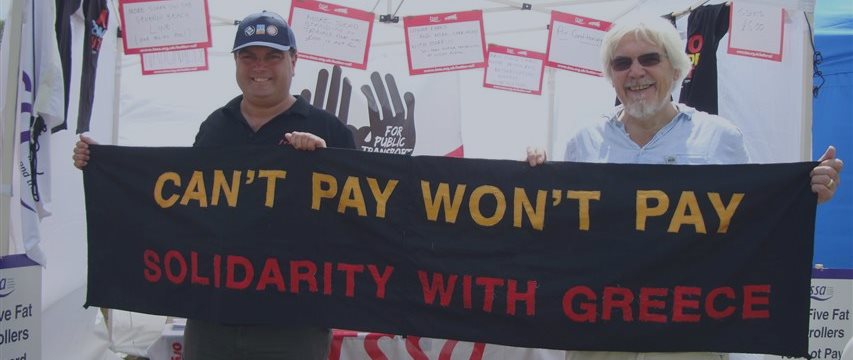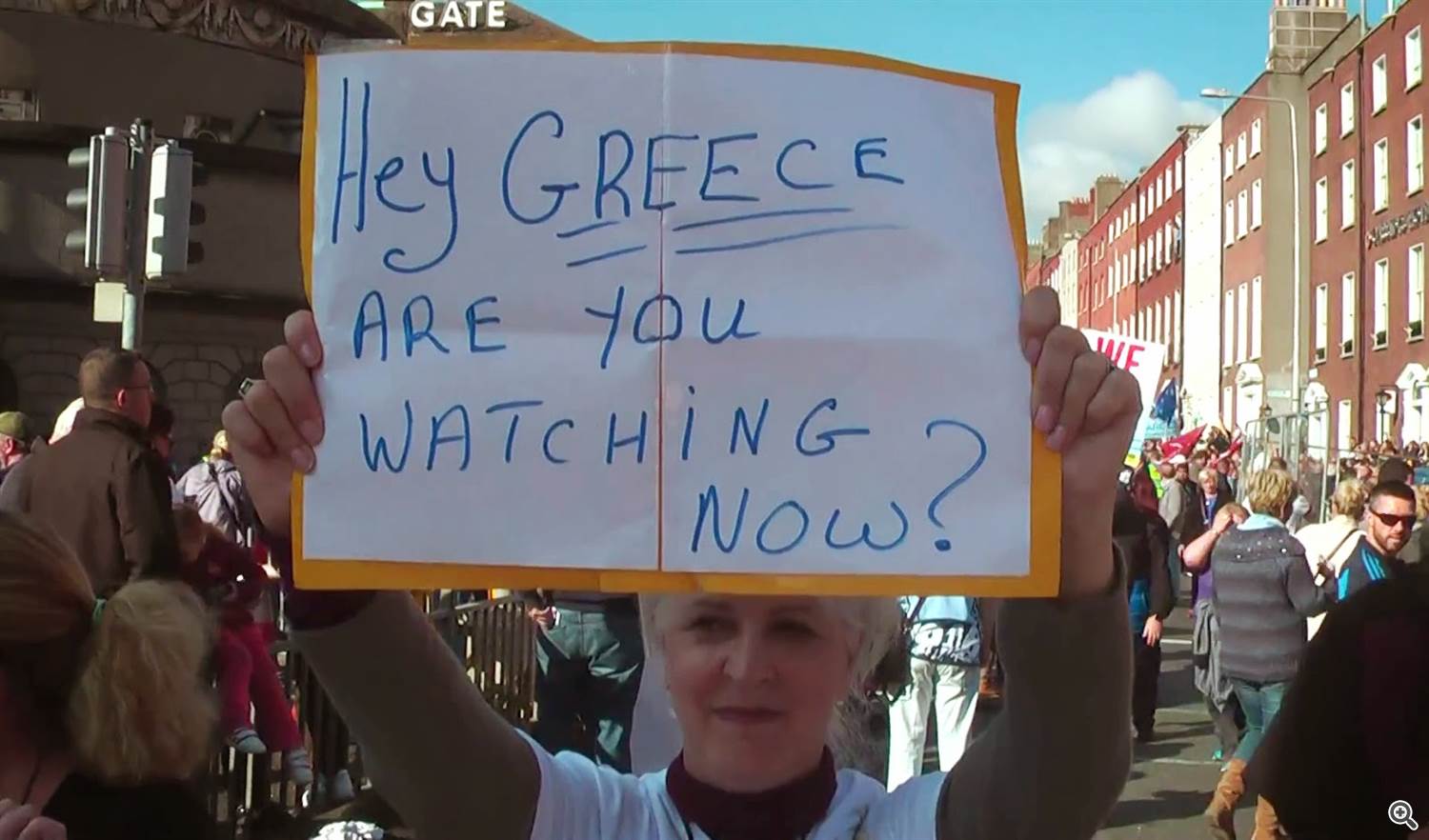While Greece's new Prime Minister and finance minister travel around the European capitals in attempt to discuss Greece's tough bailout situation, the European Central Bank heaped pressure on Greece’s new government by restricting access to its direct liquidity lines, citing concerns about the country’s commitment to existing bailout pledges.
While the central bank's move is seen as an attempt to isolate Greece
unless it strikes a new reform deal, Greece's finance minister said decision does not reflect any negative developments in the country's
financial sector and comes after two days of substantial stabilisation. Many analysts consider Greece may lose stare-down with the troika. Let us have a look.
Shortly after the left-wing Syriza party won elections in Greece last month on a pledge to ease austerity and renegotiate the country's heavy debt burden, the new administration grabbed headlines by declaring that it would no longer cooperate with inspectors sent by the European Commission, the European Central Bank (ECB) and the International Monetary Fund (IMF) to enforce harsh austerity measures.
There is a general view, however, that the economic measures presented by the Troika, have not been completely accurate so far. For example, the IMF admitted in an internal report in early 2013 that it had underestimated the impact of austerity policies on the Greek economy due to its wrong economic forecasts.
"The troika has, according to its own yardsticks, failed to deliver what has been promised," said Sven Giegold, a Member of European Parliament from Germany's Green Party. "While unemployment and cumulative debts have risen fast everywhere in these troubled countries, economic growth has failed to pick up."
Source: blagaroon.blogspot.com
Ansgar Belke, professor of economics at the University of Duisburg-Essen and member of the European Parliament's Monetary Experts Panel, does not support this view, as he doesn't see the troika's demands for austerity and structural reforms as a problem. Belke noted that Greece in 2014 finally returned to modest growth as a result of these steps - albeit after its economy shrank by fully 25% in the preceding years, so it will take many years just to return the economy to its pre-crash size.
"The economy is expanding again, and there has also been a rise in exports, which are crucial for the sustainability of the debt situation in Greece," Belke told DW optimistically.
But besides the issues of democratic deficit and policy missteps, the troika has also confronted another challenge in the form of the differing mandates of its three constituent institutions.
The IMF is immune to
any oversight by the EU Parliament and thus it is accused of a democratic deficit.
The ECB is also broadly unaccountable to elected officials, owing to the doctrine of 'central bank independence'.
The ECB also holds Greek government bonds - which generates a conflict of interest: On the one hand, the central bank is responsible for the eurozone's monetary policy. And on the other, it has negotiated reform measures with Greece and accepted worthless Greek government bonds as collateral. "This involvement of the ECB harms the central bank's reputation and compromises its independence," says Belke.
According to Belke, the Troika has outlived itself. The analyst says, after the exit of the other crisis countries from their bailout programs, the troika is now responsible only for the programs in Cyprus and Greece. "It will no longer be necessary for overseeing new aid programs."
So, is there any alternative?
Some analysts believe the tasks fulfilled by the troika may be taken over by other existing
bodies such as the European Stability Mechanism (ESM), the European
Union's permanent financial firewall, which is under the European
Parliament's monitoring. Theoretically, the ESM could be turned into a European Monetary Fund.
However, it could take a long time for that to happen, as such a step would require changes to existing ESM treaties, and ratification by parliaments of EU member states.
In the short- to medium term,
politicians are likely to reach some sort of compromise in relation to
Greece, as Belke believes.
"If Greek PM Tsipras realizes that he has no other options than what his
predecessor Antonis Samaras had, and then he agrees to an extension of
the bailout program under softened conditions, the influence exercised
by the IMF and the ECB could be pushed back a little," Belke said.
However, the troika will probably still remain in charge of Greece's economic fortunes for the near term.





